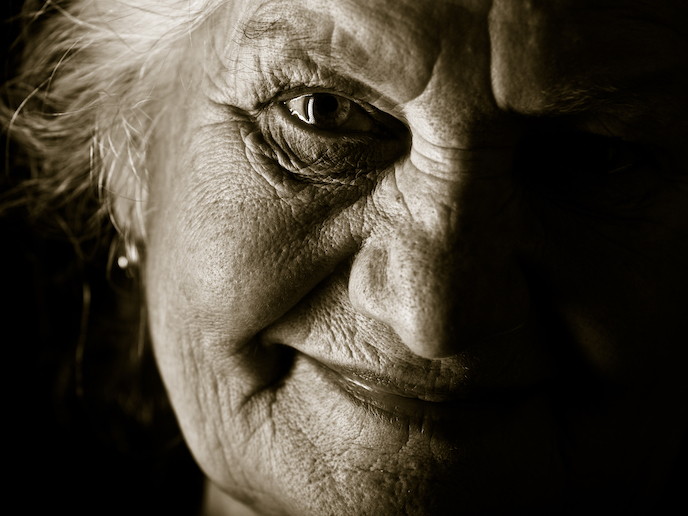Searching for true happiness in older age
Longer life expectancy, coupled with evolving socio-economic norms, means life after retirement is changing dramatically for many around the world. The shift isn’t universally positive. Pensioners can face many years ahead of them, sometimes burdened by reduced physical and cognitive abilities. And while this time was traditionally devoted to caring for younger family members, this role is diminishing as society changes. As a result, social isolation and loneliness are on the rise. The DREAM project aimed at rethinking long life and understanding the socio-economical context that can make this period of life more exciting and fulfilling. “The DREAM project takes the perspective that ‘old age’ can be a period of excitement and productivity, of dreaming and thinking about the future, and if desired, reinventing ourselves into something new or different,” says Professor Fabio Casati from the University of Trento, Italy and DREAM project coordinator. Searching for true happiness The team ran a planet-wide research project, involving a huge range of people: from the nomads of cold Mongolia, to the poorest suburbs of Costa Rica, to the hot and densely populated capitals of Paraguay and the Philippines. Two main kinds of studies were carried out: one to understand what contributes to wellbeing and happiness in later life; and a second group to test technology and related processes and their impact on people. This involved studying various methods and tools that enable individuals of all age to be active and productive – according to their abilities and wishes. This ranged from persuasion technologies and simple tools to motivate fitness, to enabling people to contribute to scientific progress and technological innovation. “We ran a fairly large number of studies,” explains Prof. Casati, who conducted the work with the support of the Marie Curie programme. “More than we initially anticipated, thanks to the amazing support of the project partners.” Many interesting findings arose from the research. For example, very old adults living in poverty reported levels of happiness comparable with those of young people in the happiest countries in the world – as long as they have a sense of growth and achievement in their life. Also, while many adults tend to return to the countryside as they age, those who remain in the city report higher levels of happiness. An enduring legacy “First and foremost, I am proud of the team and of how well everybody worked together with passion,” says Prof. Casati, “overcoming the difficult organisational and emotional challenges that arise due to the nature of the project.” Besides submitting a number of follow-up proposals, the team are working on putting the results into practice by developing production-quality tools that people can use. These are aimed, specifically, at three areas: crowdsourcing technologies that enable ‘productive ageing’; technologies that facilitate delivering healthcare and working on the concept of a ‘consulting centre’, where older adults can assist in the design of software applications for their target age group and abilities. “It was an amazing experience, for everybody,” Prof. Casati adds. “We worked with people of all socio-economic conditions, from the richest to the very, very poorest. I’d say for many young researchers it was a life-changing experience. I think it helped all of us to learn once more what really matters in life: the love of family and friends and the feeling of being helpful to others.”







